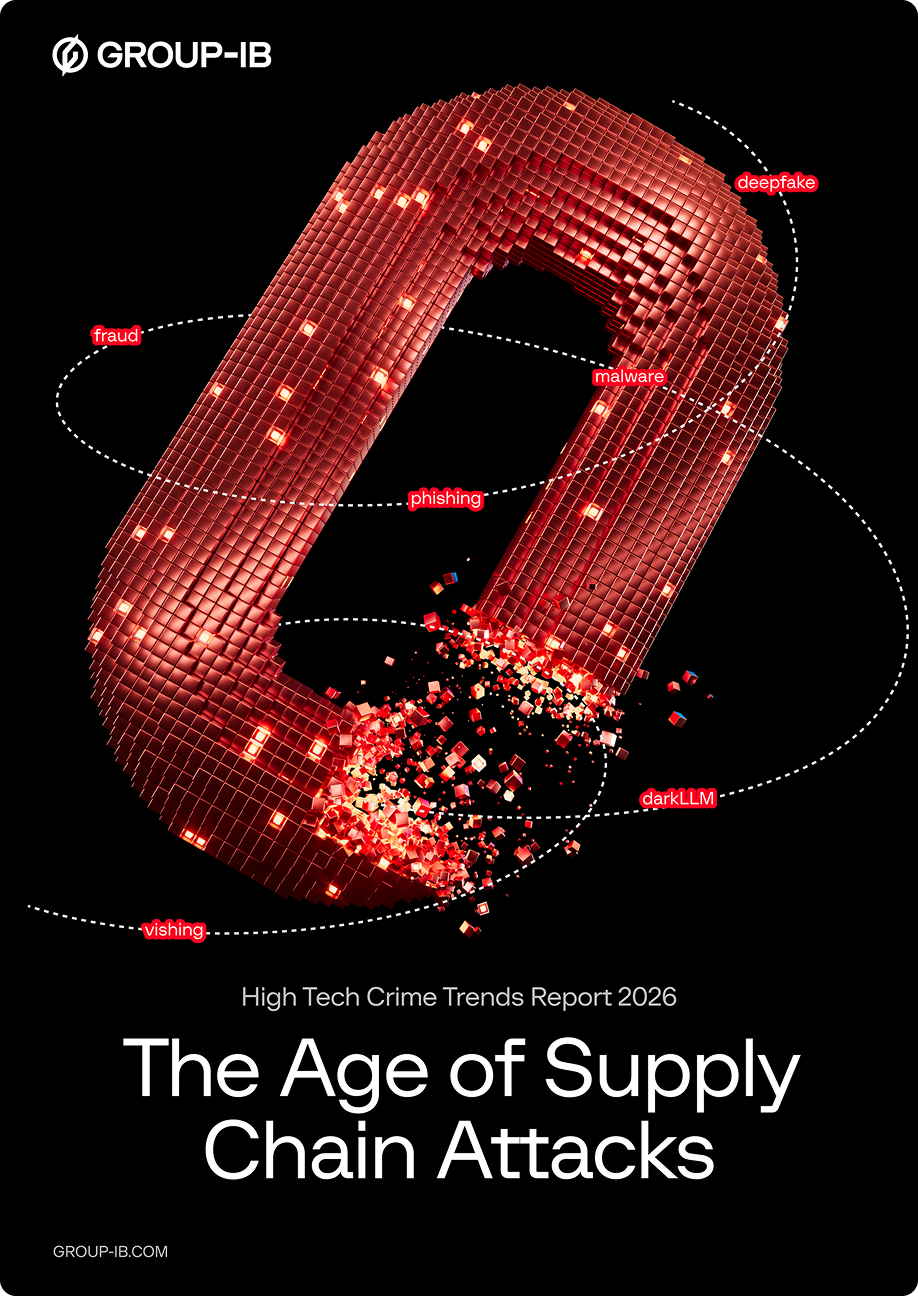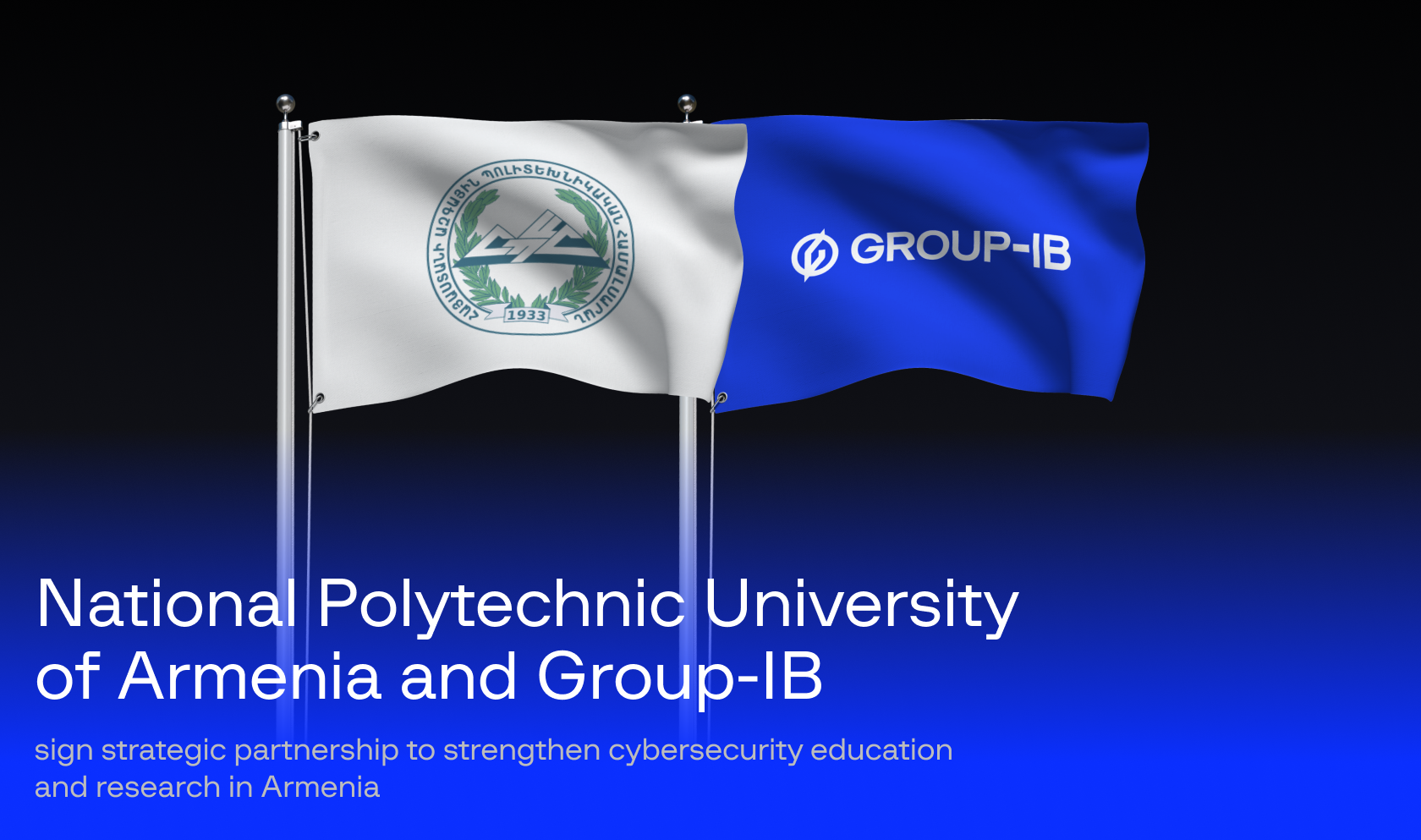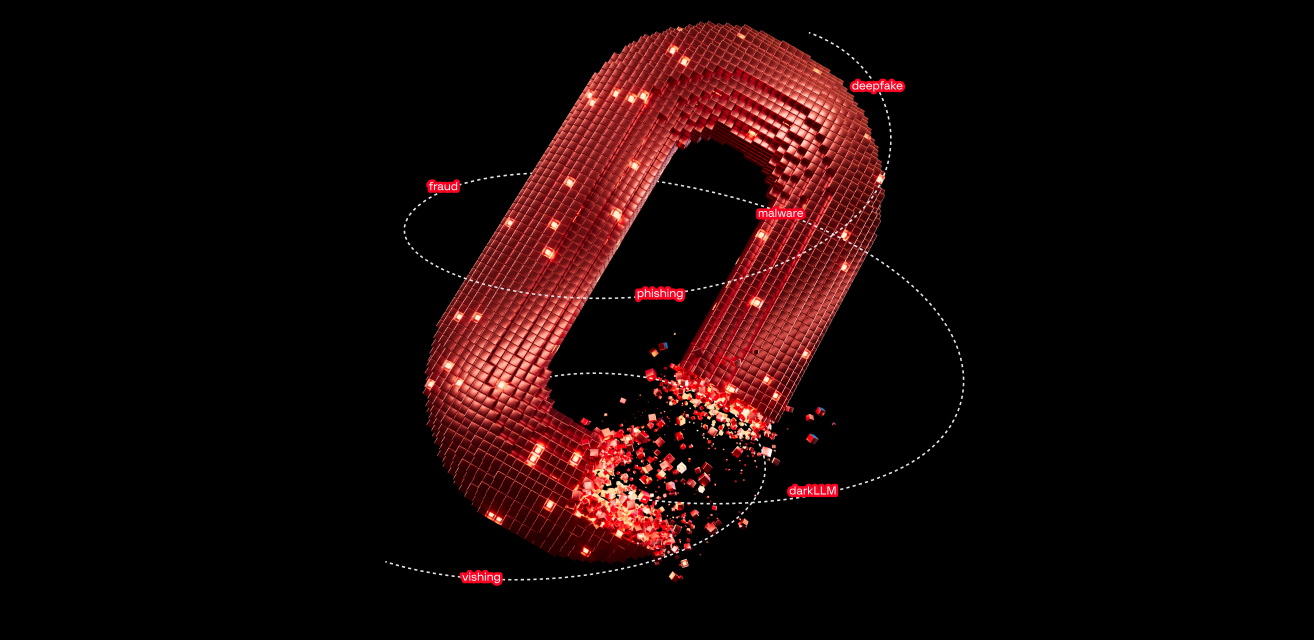Group-IB, a global threat hunting and adversary-centric cyber intelligence company, discovered that user data of the Swarmshop card shop have been leaked online on March 17, 2021. The database was posted on a different underground forum and contained 12,344 records of the card shop admins, sellers and buyers including their nicknames, hashed passwords, contact details, history of activity, and current balance. In addition to user data, the database exposed all compromised data traded on the website, including 623,036 payment card records issued by the banks from the USA, Canada, the UK, China, Singapore, France, Brazil, Saudi Arabia, Mexico; 498 sets of online banking account credentials and 69,592 sets of US Social Security Numbers and Canadian Social Insurance Numbers. Group-IB notified the national CERTs in the above-mentioned countries about the breach so they could take the necessary steps to mitigate the threat.
According to Group-IB Threat Intelligence and Attribution system, Swarmshop is a mid-size “neighborhood” store for stolen personal and payment records. The cardshop has been operating since at least April 2019, and by March 2021, it had more than 12K user base and over 600K payment card records on sale. The total amount deposited on all the accounts was at $18,145.73 by March 2021 — users of card shops do not store large amounts of money on their accounts and top up the balance to make payments if necessary.
While the source of the breach remains unclear, the exposed records show that two card shop users attempted to inject a malicious script searching for website vulnerabilities in the contact information field. It’s impossible to determine if the two events are connected to the breach.
Interestingly, it is not the first time Swarmshop has been targeted by fellow cybercriminals. In January 2020, the cardshop’s records were leaked on an underground forum. The user, likely motivated by revenge, wanted to sell the Swarmshop user database and posted a screenshot allegedly from the cardshop’s admin panel.
Source: Group-IB Threat Intelligence
The Russian-speaking admins of the cardshop never commented on this thread, their website, however, went down temporarily due to “the transfer to the new server”.
When, more than a year later in March 2021, a newly registered user posted a link and a password to the database of the Swarmshop card shop on different forums, the admins of the card shops didn’t believe it arguing it came from the last year’s breach after which they’d “fixed the bug”.
Source: Group-IB Threat Intelligence
Cardshop users, however, were recommended to change the passwords shortly after the breach report came out. A week after the post, Swarmshop users were redirected to an under-maintenance page when trying to log in. At the same time, cardshop users reported problems with their account balance.
The analysis of the freshly exposed database found that the information was new as it indicated the latest user activity timestamps. In total, the databased revealed the records of 4 cardshop admins, 90 sellers, and 12,250 buyers of stolen data, including their nicknames, hashed passwords, account balance, and contact details for some entries.
The database also exposed compromised payment and personal data traded on Swarmshop. The dump contained 623,036 payment card records, 62.7 percent of which were issued by the US banks. Other records were issued by the financial institutions from China (14.02%), the UK (3.24%), Canada (3.09%), France (3.07%), Singapore (1.6%), Brazil (1.32%), Saudi Arabia (0.99%), and Mexico (0.86%).
In addition to stolen bank cards, the database revealed 498 sets of online banking account credentials and 68,995 sets of US Social Security Numbers and 597 pieces of Canadian Social Insurance Numbers.
The comparison with the database leaked in January 2020 revealed that the number of Swarmshop users has grown by more than 2.5x ever since. The volume of traded payment records has also increased from 485,617 pieces to 623,036 in March 2021. It’s fair to assume that card shop owners’ net profits have also grown exponentially.
While underground forums get hacked from time to time, cardshop breaches do not happen very often. In addition to buyers’ and sellers’ data, such breaches expose massive amounts of compromised payment and personal information of regular users. Although the source remains unknown, it must be one of those revenge hacks cases. This is a major reputation hit for the card shop as all the sellers lost their goods and personal data. The shop is unlikely to restore its status.

Group-IB CTO





































